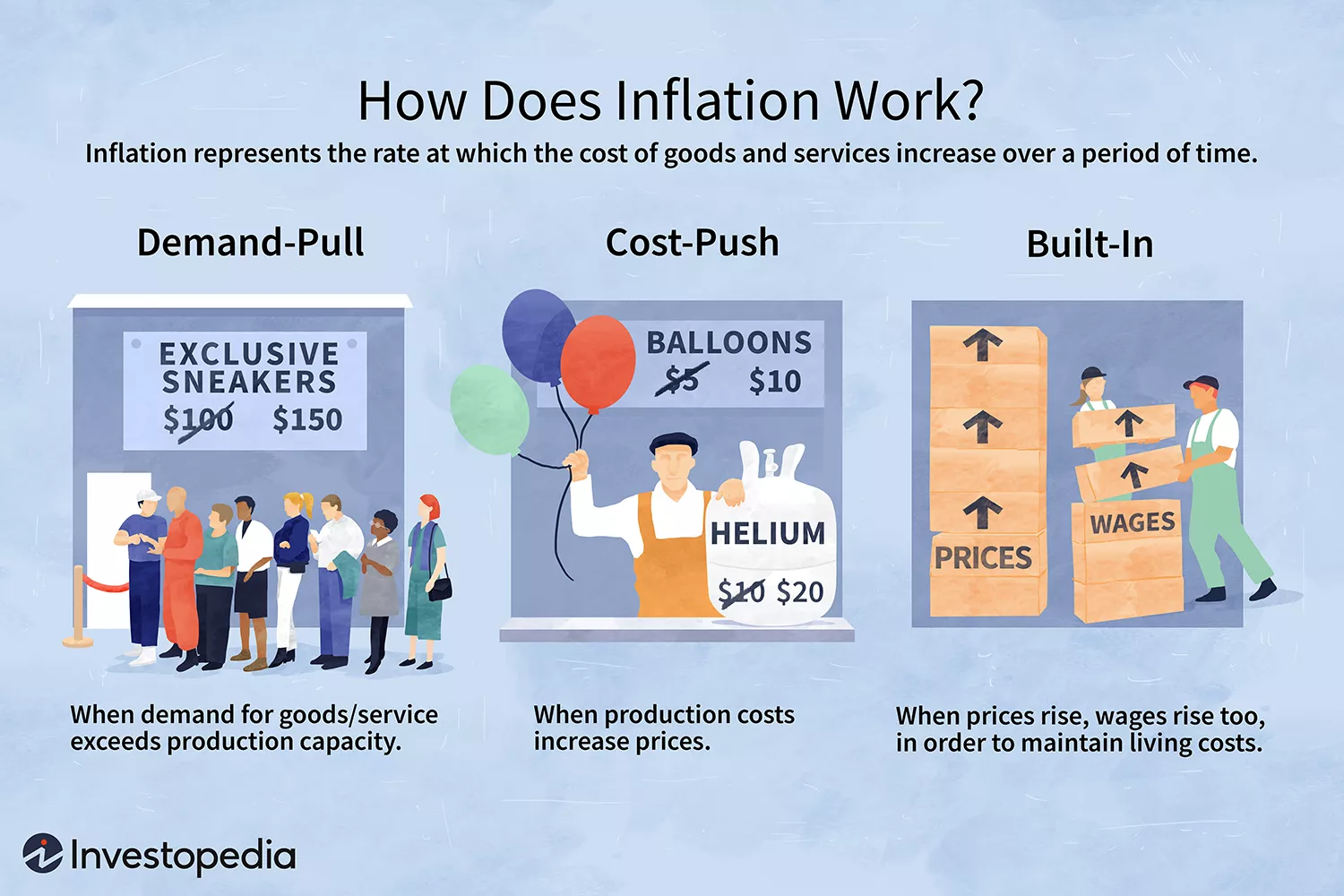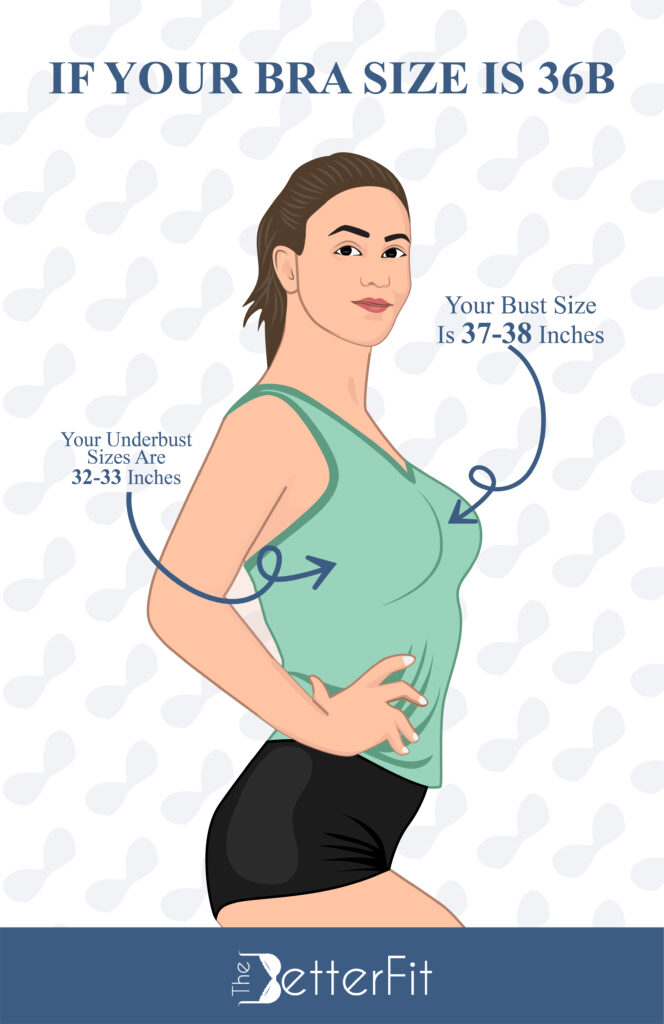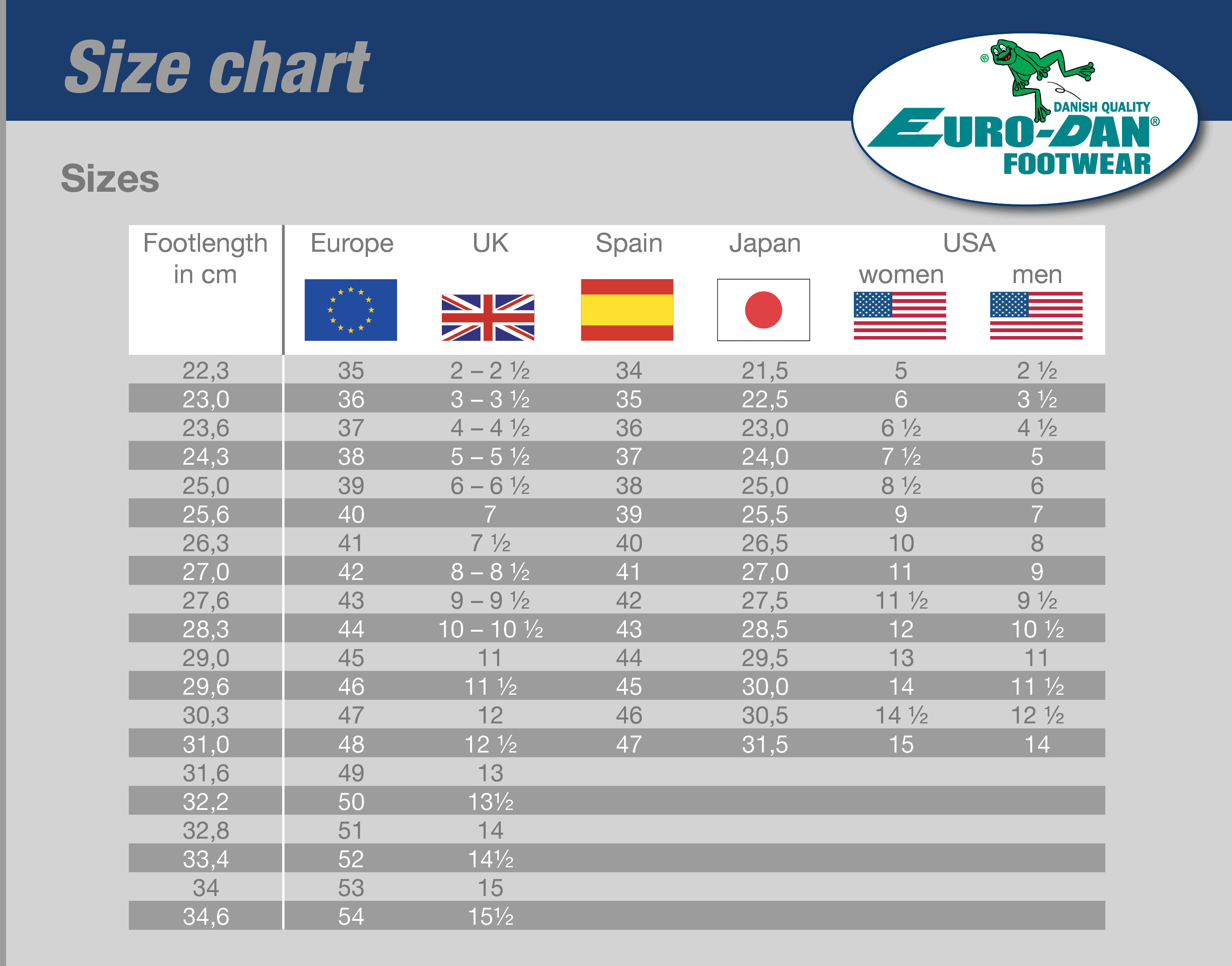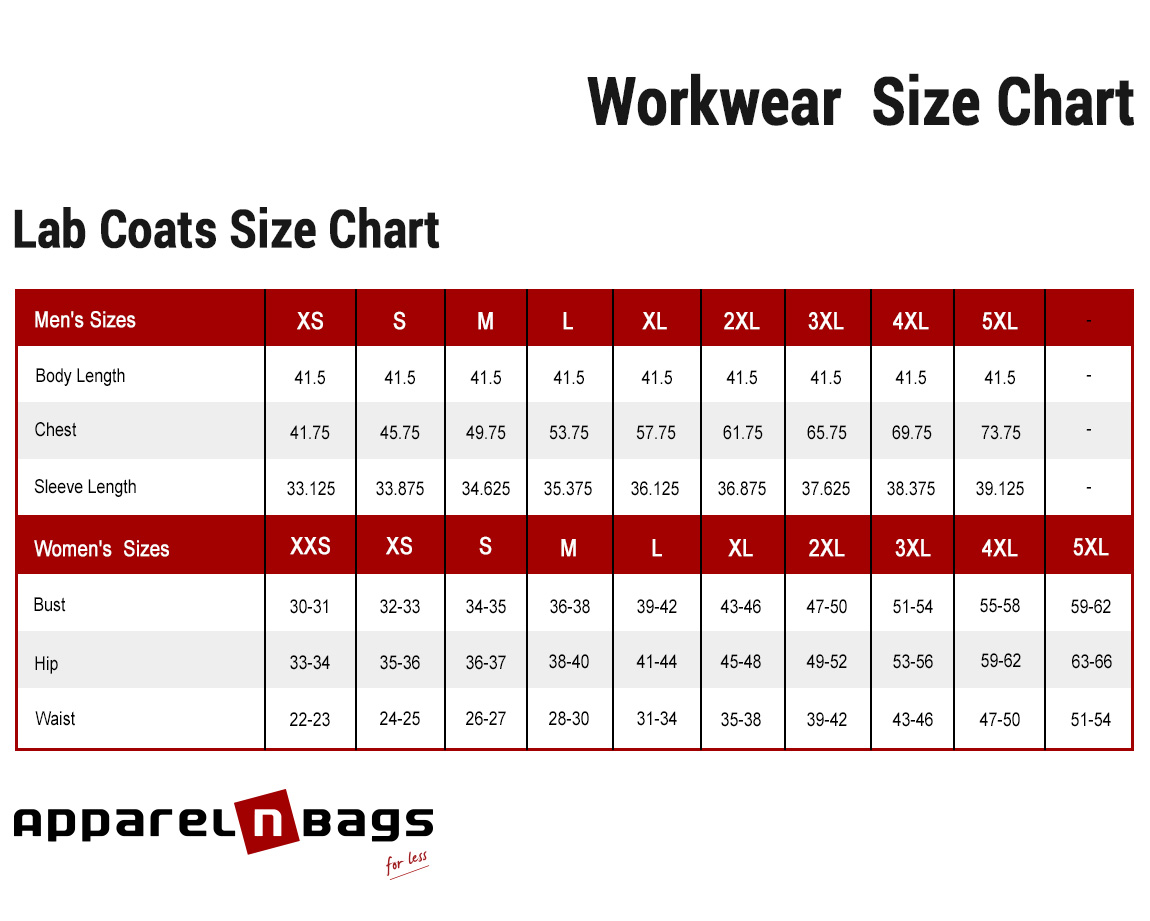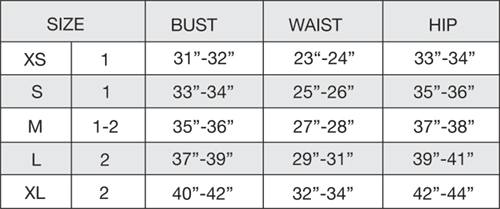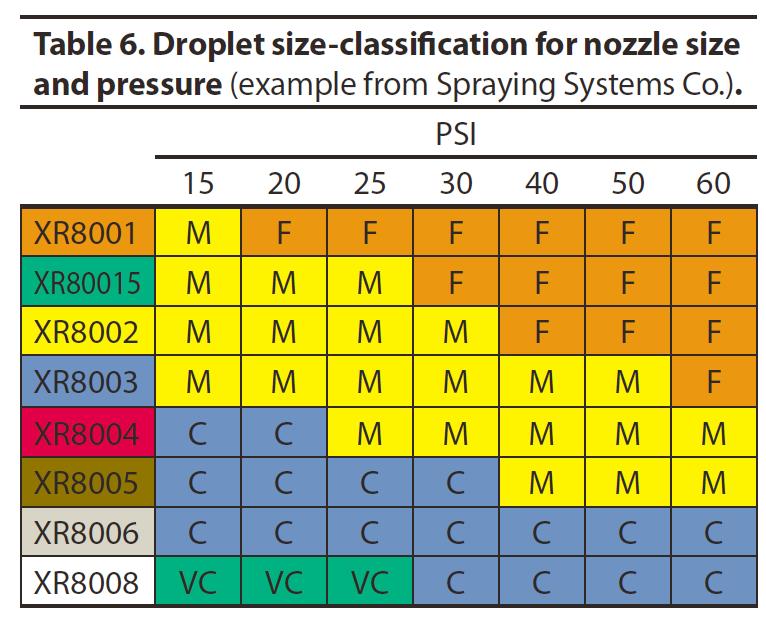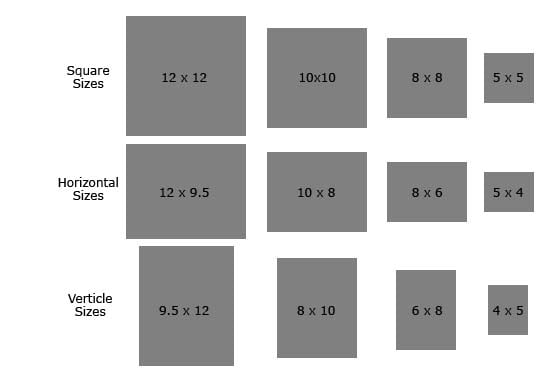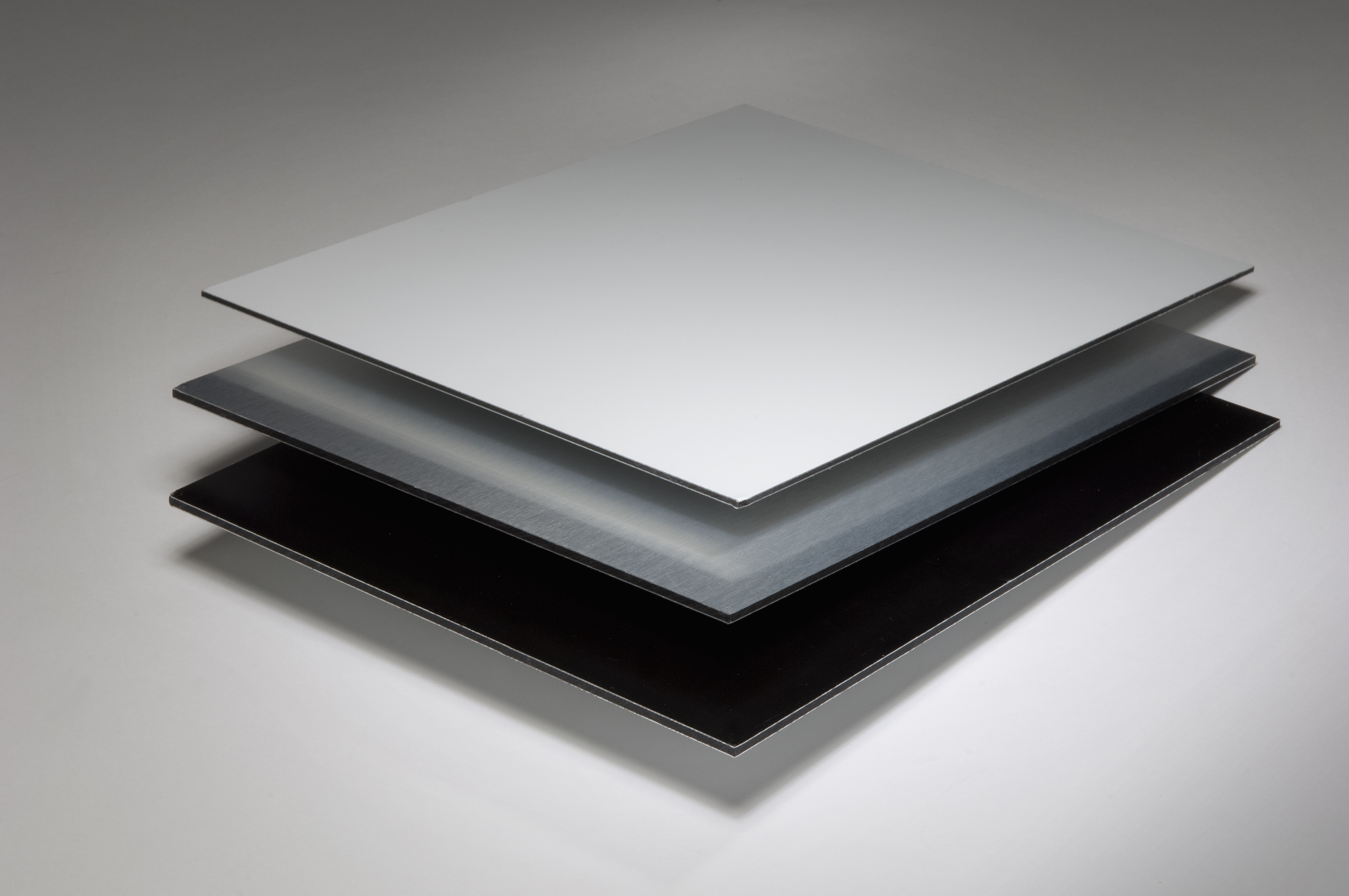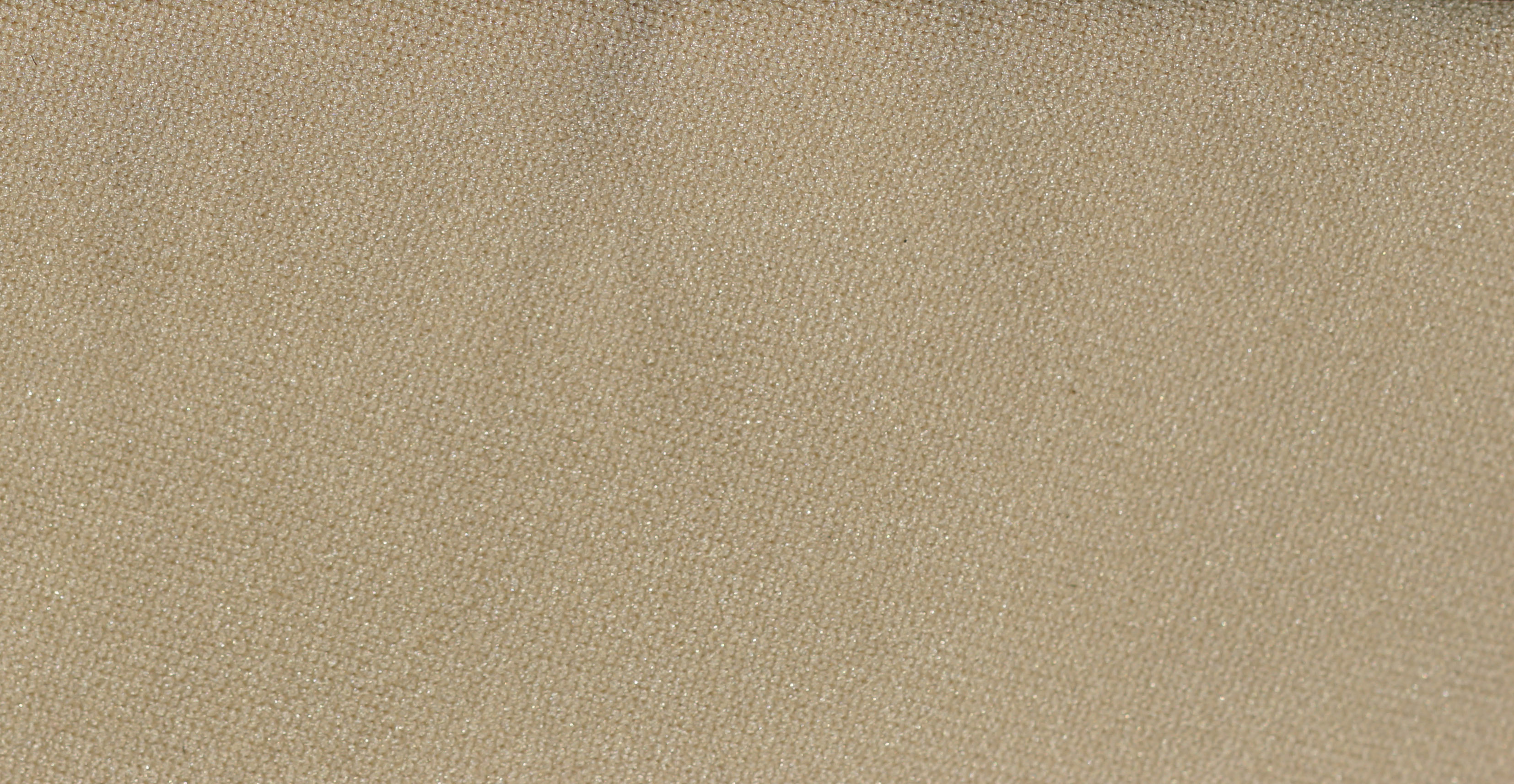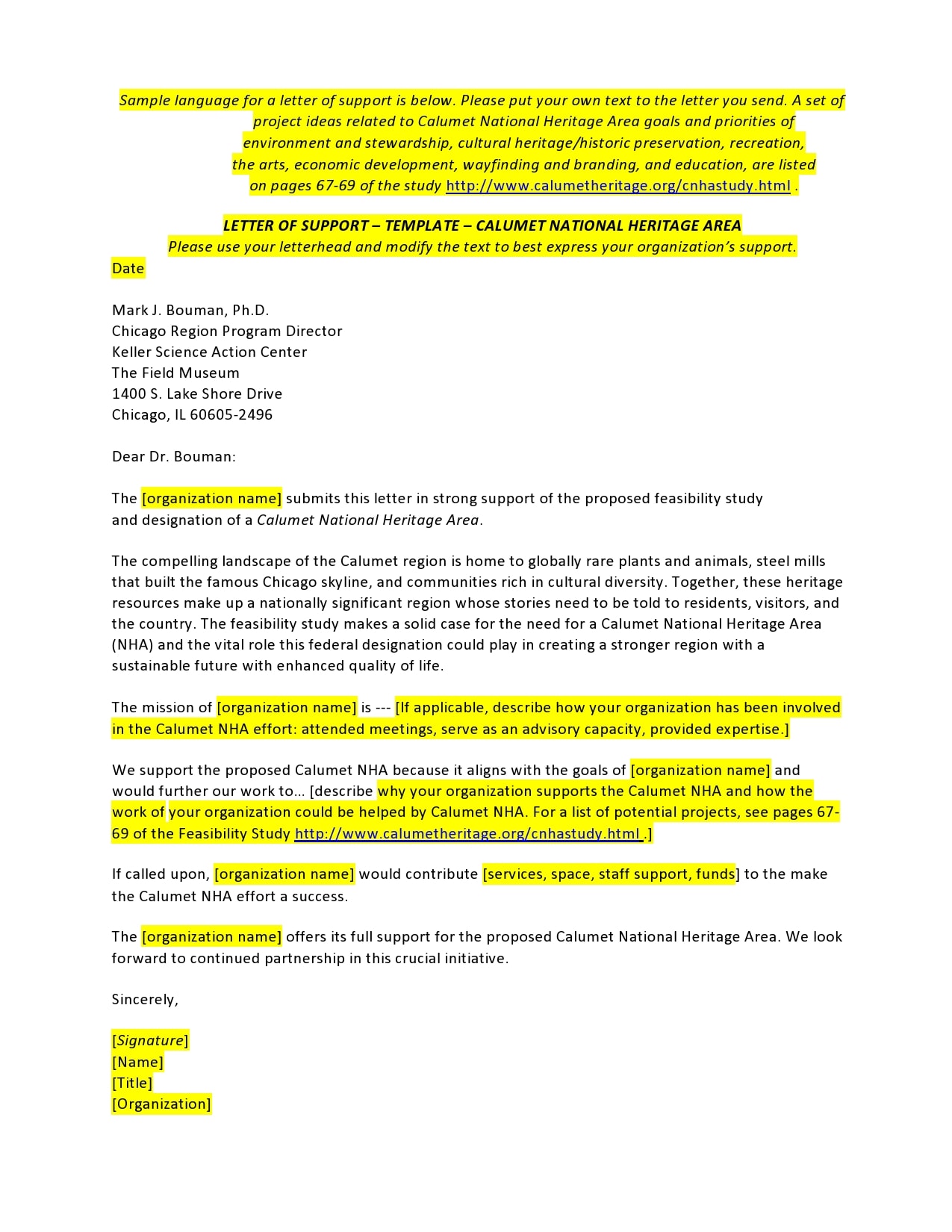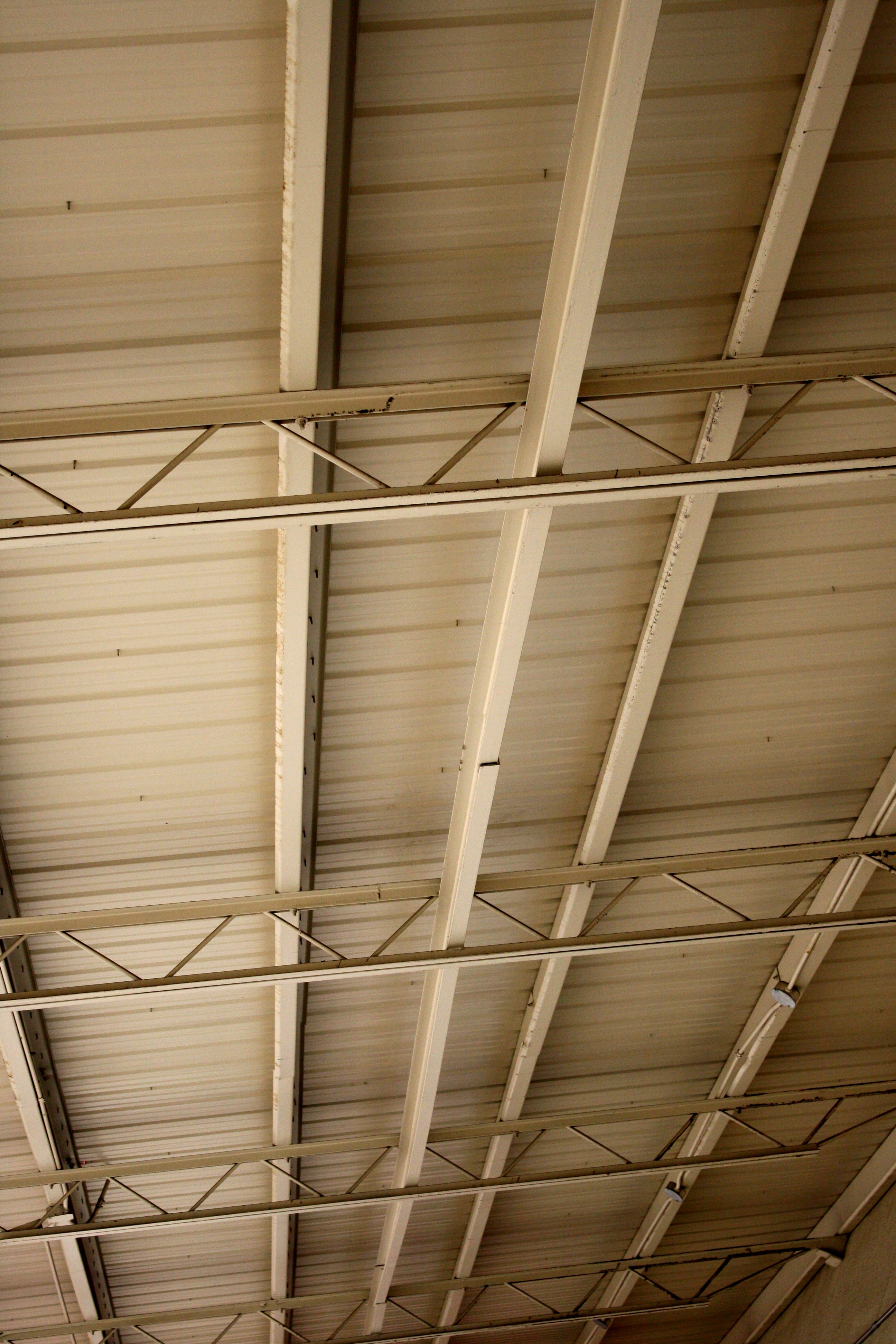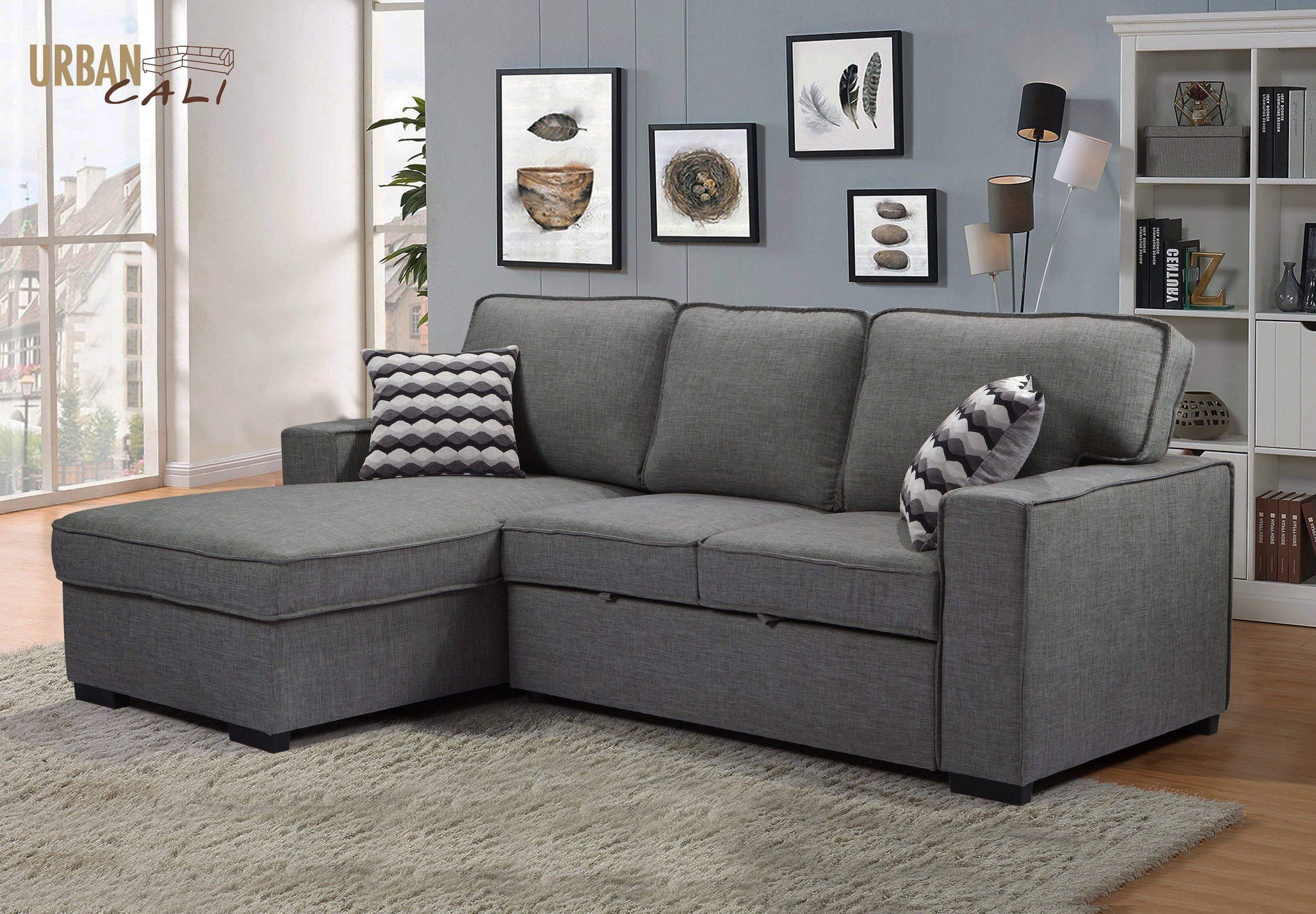When it comes to camping, comfort is key. After a long day of hiking or exploring, you want to be able to come back to your campsite and relax in a comfortable sleeping surface. This is where the difference between a camping pad and an air mattress comes into play. Camping pad: Most camping pads are made with foam or self-inflating materials, providing a firm and supportive surface for sleeping. Some may also have built-in cushioning or ridges for added comfort. Air mattress: Air mattresses are known for their plush and soft feel, providing a more luxurious sleeping experience. However, this can also make them less supportive for those who need a firmer surface.Comfort
One of the biggest challenges of camping is staying warm throughout the night. This is where the insulation of your sleeping surface becomes important. Camping pad: Most camping pads are designed with insulation in mind, using materials that can keep you warm even on cold nights. This makes them a great choice for camping in colder climates. Air mattress: Air mattresses, on the other hand, are not known for their insulation. They can be quite thin and may not provide enough warmth for camping in colder temperatures.Insulation
When it comes to camping gear, portability is a key factor to consider. You want your sleeping surface to be easy to pack and carry, especially if you plan on hiking to your campsite. Camping pad: Camping pads are designed to be compact and lightweight, making them easy to pack and carry. They can also be rolled up or folded for even easier transportation. Air mattress: Air mattresses can be bulky and heavy, making them less ideal for camping trips where you need to walk or hike to your campsite. They may be more suitable for car camping or shorter trips where you don't have to carry them for long distances.Portability
When investing in camping gear, you want it to last for multiple trips and adventures. The durability of your sleeping surface is important for its longevity. Camping pad: Camping pads are typically made with durable materials that can withstand rough terrain and frequent use. They are also less likely to puncture or leak, making them a reliable option for long-term use. Air mattress: Air mattresses, on the other hand, can be prone to punctures and leaks. They may not be as durable as camping pads and may require more careful handling to avoid damage.Durability
Budget is always a consideration when it comes to camping gear. The price of your sleeping surface can vary depending on its features and materials. Camping pad: Camping pads are generally more affordable than air mattresses, with prices ranging from $20 to $100. They can be a more budget-friendly option for those looking to save money on their camping gear. Air mattress: Air mattresses can be more expensive, with prices ranging from $50 to $200 or more. They may be a better option for those who prioritize comfort and are willing to spend a bit more on their sleeping surface.Price
If you plan on carrying your camping gear for long distances, the weight of your sleeping surface is an important factor to consider. Camping pad: Camping pads are generally lightweight, with most weighing under 5 pounds. This makes them a great option for backpackers and hikers who need to keep their pack weight to a minimum. Air mattress: Air mattresses can be heavier, especially if they are larger in size. They may not be the best choice for those looking to reduce their pack weight for longer trips.Weight
How you inflate your sleeping surface can also make a difference in your camping experience. Camping pad: Most camping pads can be easily inflated with a pump or by blowing into a valve. Some may also come with a self-inflating feature, making setup quick and easy. Air mattress: Air mattresses typically require a pump to inflate, which may add extra weight to your camping gear. Some may also have built-in pumps for convenience, but these can be more expensive.Inflation
The size of your sleeping surface is important for both comfort and portability. Camping pad: Camping pads come in a variety of sizes, from single to double, to accommodate different camping needs. They can also be rolled up or folded for easy storage and transportation. Air mattress: Air mattresses also come in various sizes, with some models being as large as a traditional bed. However, this can make them less portable and more challenging to pack.Size
The material of your sleeping surface can affect its durability, comfort, and insulation. Camping pad: Camping pads are typically made with foam or self-inflating materials, which can provide good insulation and support. They may also have a waterproof or tear-resistant coating for added durability. Air mattress: Air mattresses are usually made with PVC or vinyl, which can be prone to punctures and leaks. Some may also have a flocked top for a softer sleeping surface.Material
For a good night's sleep, you want your sleeping surface to provide adequate support for your body. Camping pad: Camping pads are designed to be firm and supportive, which can be beneficial for those with back or joint issues. However, they may not be as comfortable for those who prefer a softer sleeping surface. Air mattress: Air mattresses are known for their plush and cushioned feel, which can be more comfortable for some individuals. However, this may not provide enough support for those who need a firmer sleeping surface. In conclusion, when it comes to choosing between a camping pad and an air mattress, it ultimately depends on your personal preferences and camping needs. Consider factors such as comfort, insulation, portability, durability, price, weight, inflation, size, material, and support to determine which option is best for you. Whichever you choose, make sure to prioritize your comfort and have a good night's sleep under the stars.Support
Why Choose a Camping Pad Over an Air Mattress For Your Next Outdoor Adventure
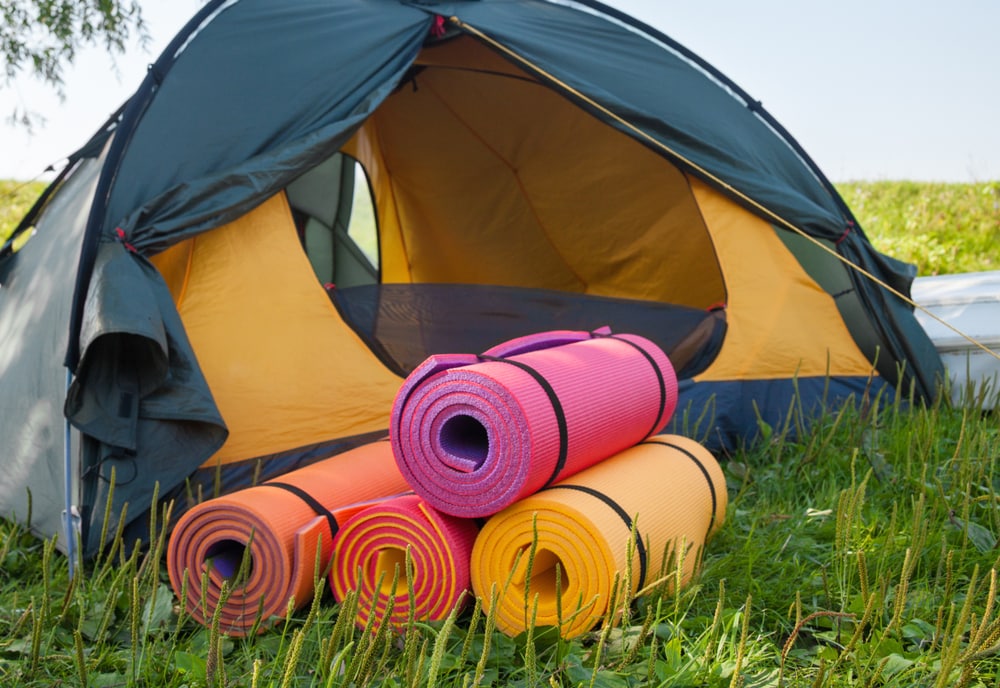
Superior Comfort and Support
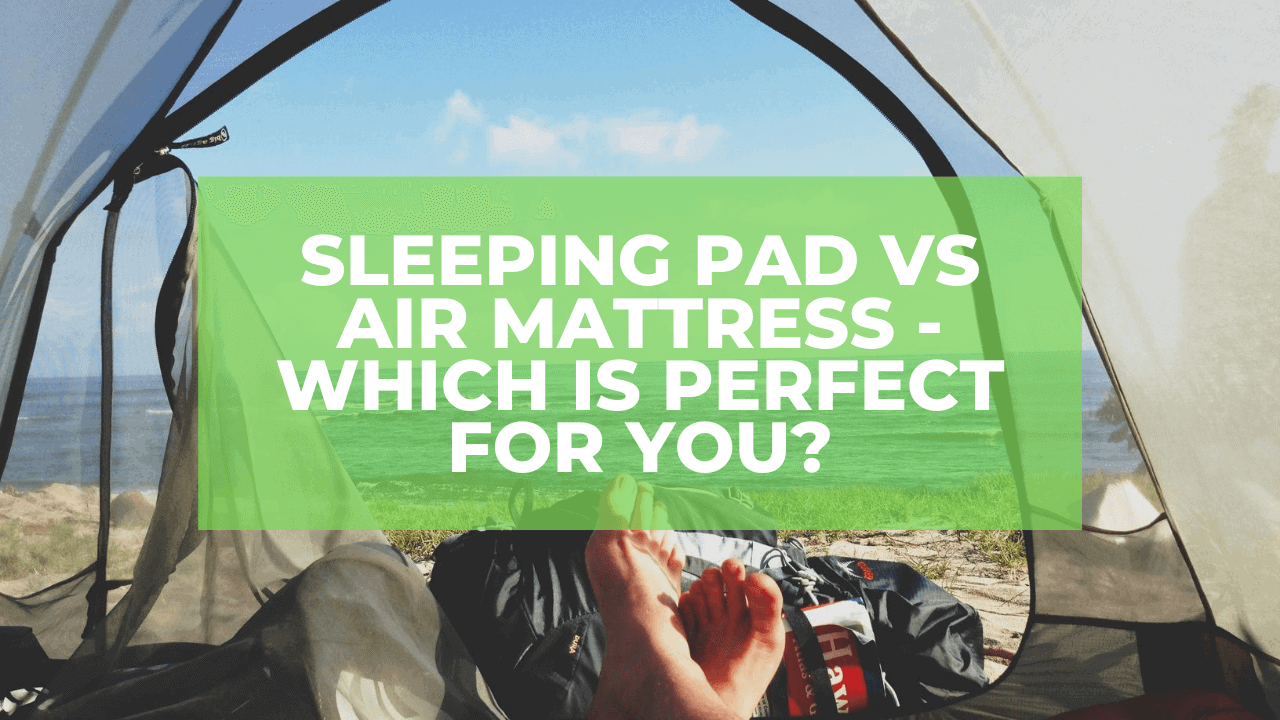 One of the main reasons why camping enthusiasts choose a camping pad over an air mattress is because of the superior comfort and support it provides. While air mattresses may seem more comfortable at first, they often deflate throughout the night, leaving you lying on a hard surface. On the other hand, camping pads are designed with thick foam or inflatable air chambers that provide cushioning and support for your body. This ensures a good night's sleep, even on uneven or rocky terrain.
One of the main reasons why camping enthusiasts choose a camping pad over an air mattress is because of the superior comfort and support it provides. While air mattresses may seem more comfortable at first, they often deflate throughout the night, leaving you lying on a hard surface. On the other hand, camping pads are designed with thick foam or inflatable air chambers that provide cushioning and support for your body. This ensures a good night's sleep, even on uneven or rocky terrain.
Durability and Longevity
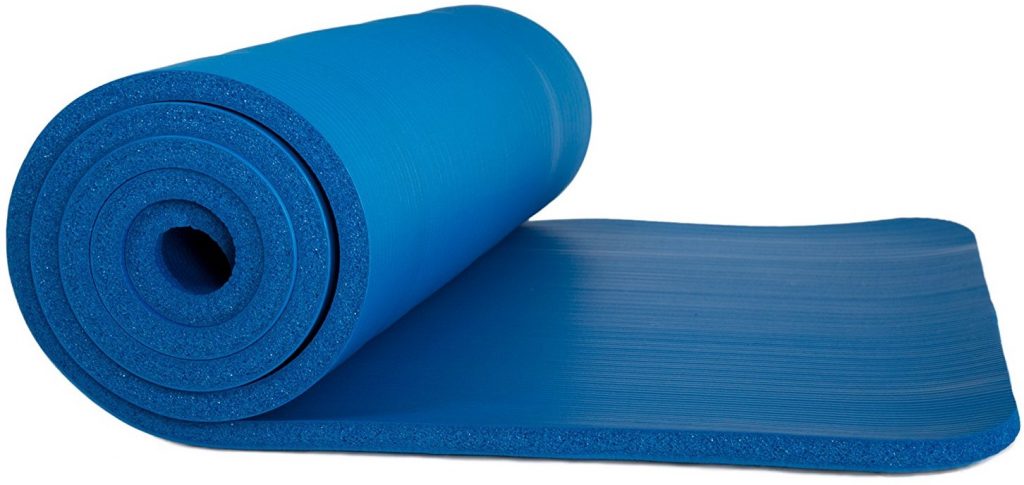 When it comes to durability and longevity, camping pads have the upper hand. They are made with sturdy materials that can withstand rough outdoor conditions, such as sharp rocks or branches. In comparison, air mattresses are prone to punctures and tears, and may need to be replaced more frequently. Investing in a high-quality camping pad can save you money in the long run and provide you with a reliable sleeping surface for many camping trips to come.
When it comes to durability and longevity, camping pads have the upper hand. They are made with sturdy materials that can withstand rough outdoor conditions, such as sharp rocks or branches. In comparison, air mattresses are prone to punctures and tears, and may need to be replaced more frequently. Investing in a high-quality camping pad can save you money in the long run and provide you with a reliable sleeping surface for many camping trips to come.
Compact and Lightweight
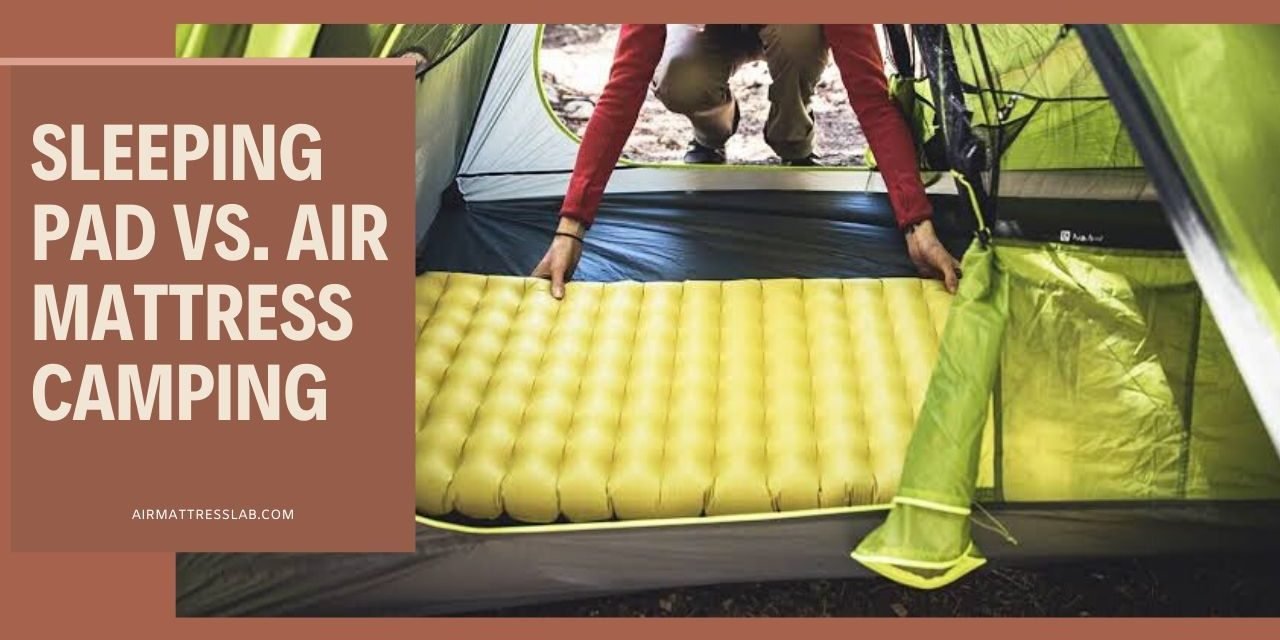 For those who like to travel light, camping pads are a great choice. They are much more compact and lightweight than air mattresses, making them easier to pack and carry on long hikes. Some camping pads also come with straps or carrying cases for convenient transportation. This makes them a popular choice for backpackers and campers who want to minimize the weight of their gear without sacrificing comfort.
For those who like to travel light, camping pads are a great choice. They are much more compact and lightweight than air mattresses, making them easier to pack and carry on long hikes. Some camping pads also come with straps or carrying cases for convenient transportation. This makes them a popular choice for backpackers and campers who want to minimize the weight of their gear without sacrificing comfort.
Versatility
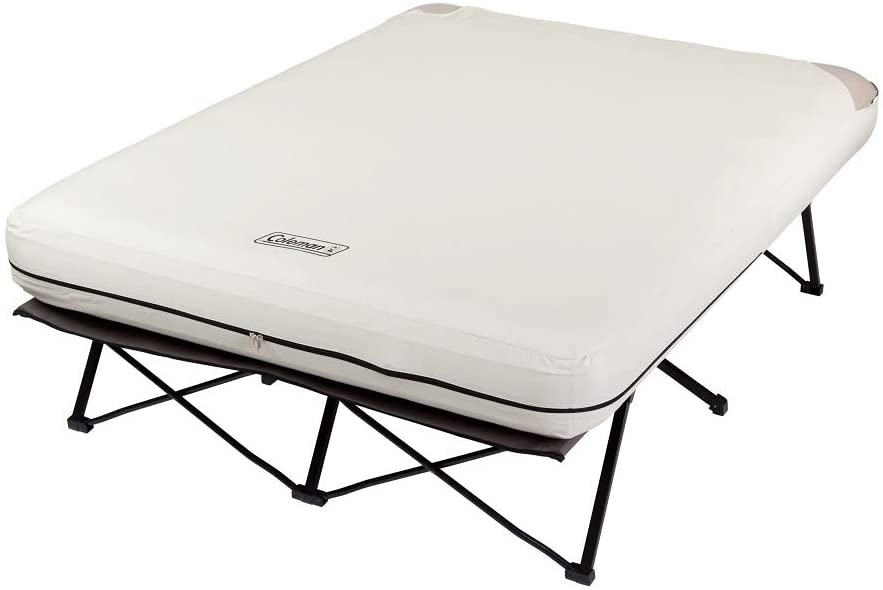 Camping pads are not just limited to outdoor adventures. They can also be used for indoor guests or as a spare bed in your home. They can easily be stored in a closet or under a bed when not in use, making them a space-saving option for small living spaces. Some camping pads also come with additional features, such as built-in pillows or self-inflating capabilities, making them a versatile choice for various sleeping needs.
In conclusion, while both camping pads and air mattresses have their own benefits, camping pads offer superior comfort, durability, and versatility for your outdoor adventures. With their compact and lightweight design, they are a practical and reliable choice for any camping trip. So, the next time you plan a camping trip, consider investing in a camping pad for a comfortable and restful night's sleep under the stars.
Camping pads are not just limited to outdoor adventures. They can also be used for indoor guests or as a spare bed in your home. They can easily be stored in a closet or under a bed when not in use, making them a space-saving option for small living spaces. Some camping pads also come with additional features, such as built-in pillows or self-inflating capabilities, making them a versatile choice for various sleeping needs.
In conclusion, while both camping pads and air mattresses have their own benefits, camping pads offer superior comfort, durability, and versatility for your outdoor adventures. With their compact and lightweight design, they are a practical and reliable choice for any camping trip. So, the next time you plan a camping trip, consider investing in a camping pad for a comfortable and restful night's sleep under the stars.









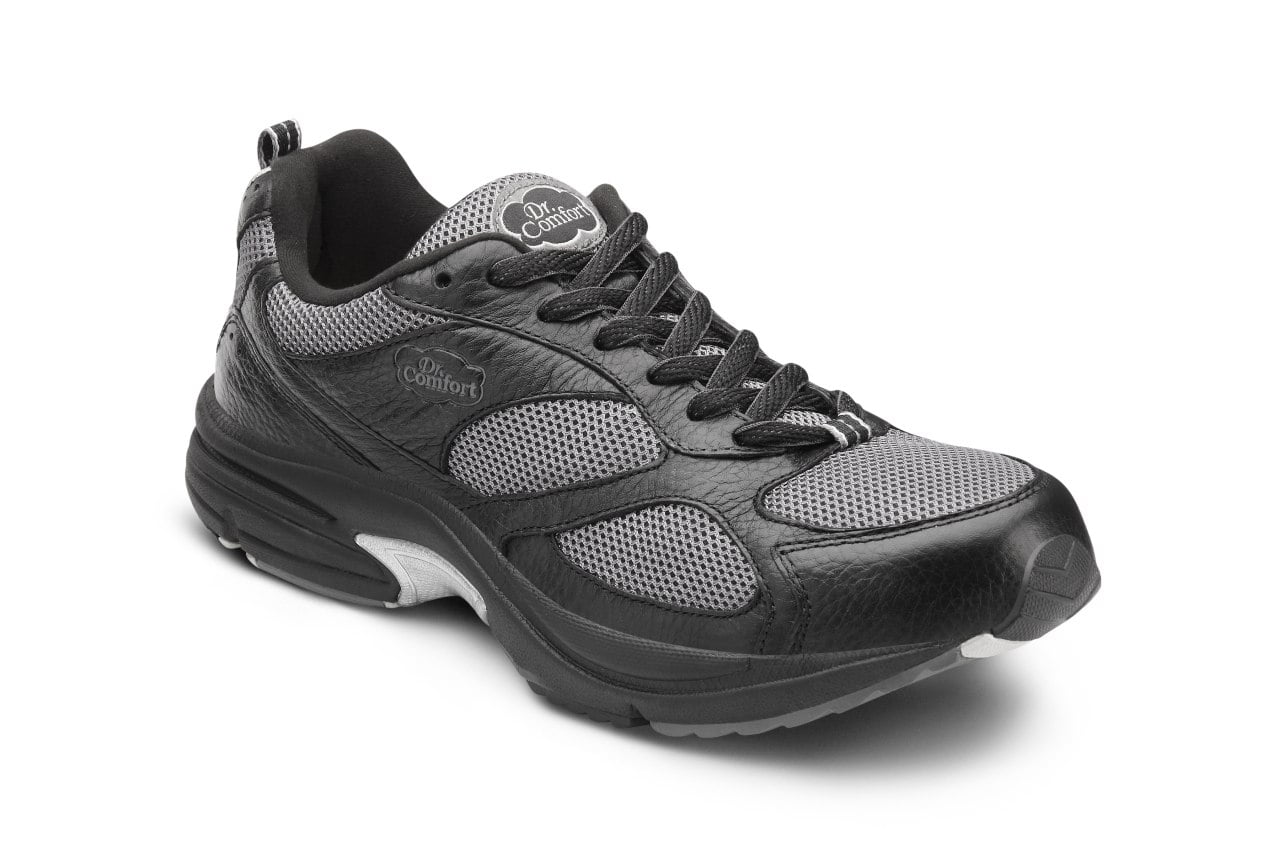
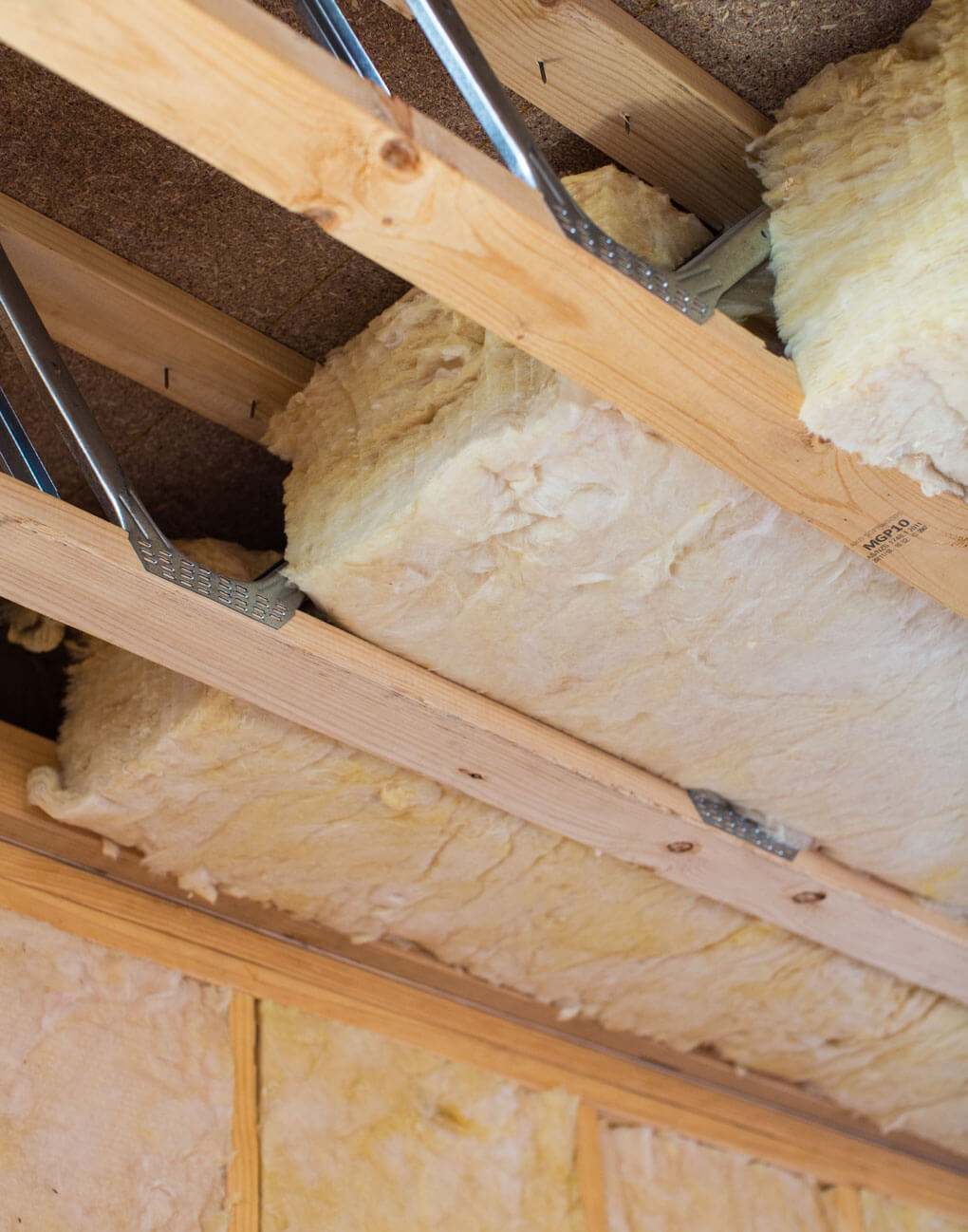
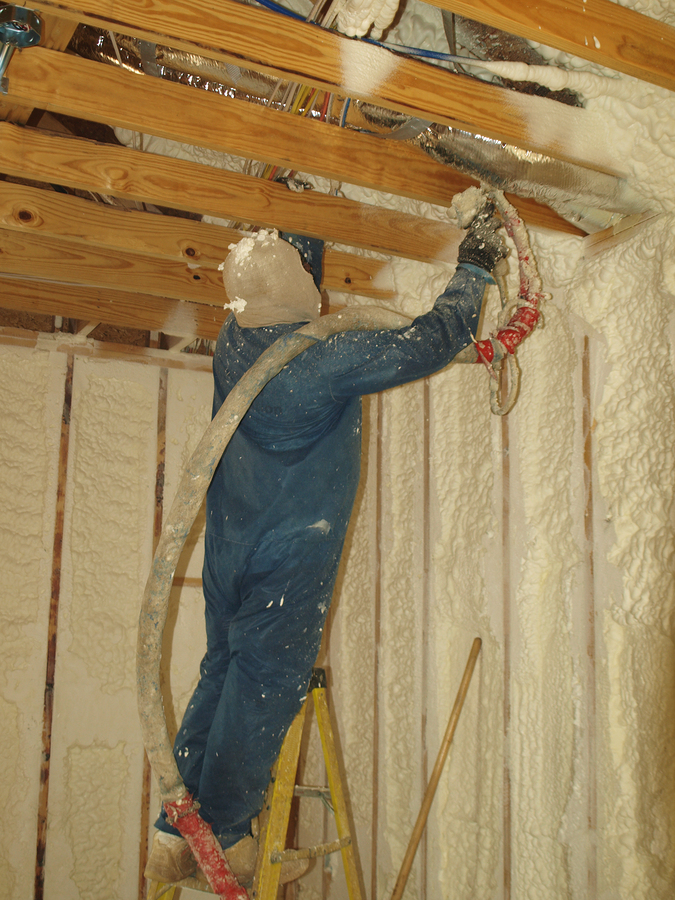



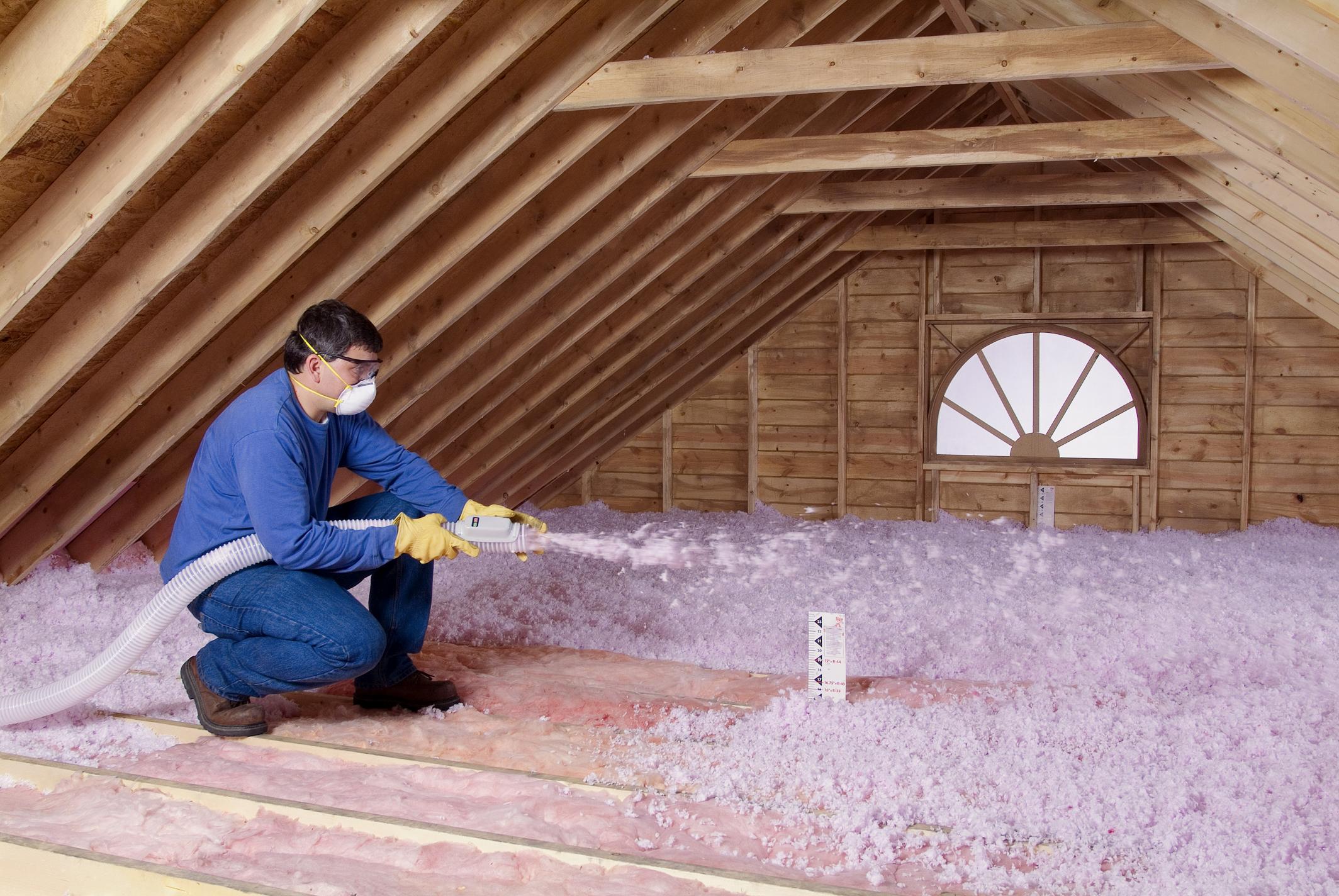

/182186960ps-56a343da3df78cf7727c9838.jpg)

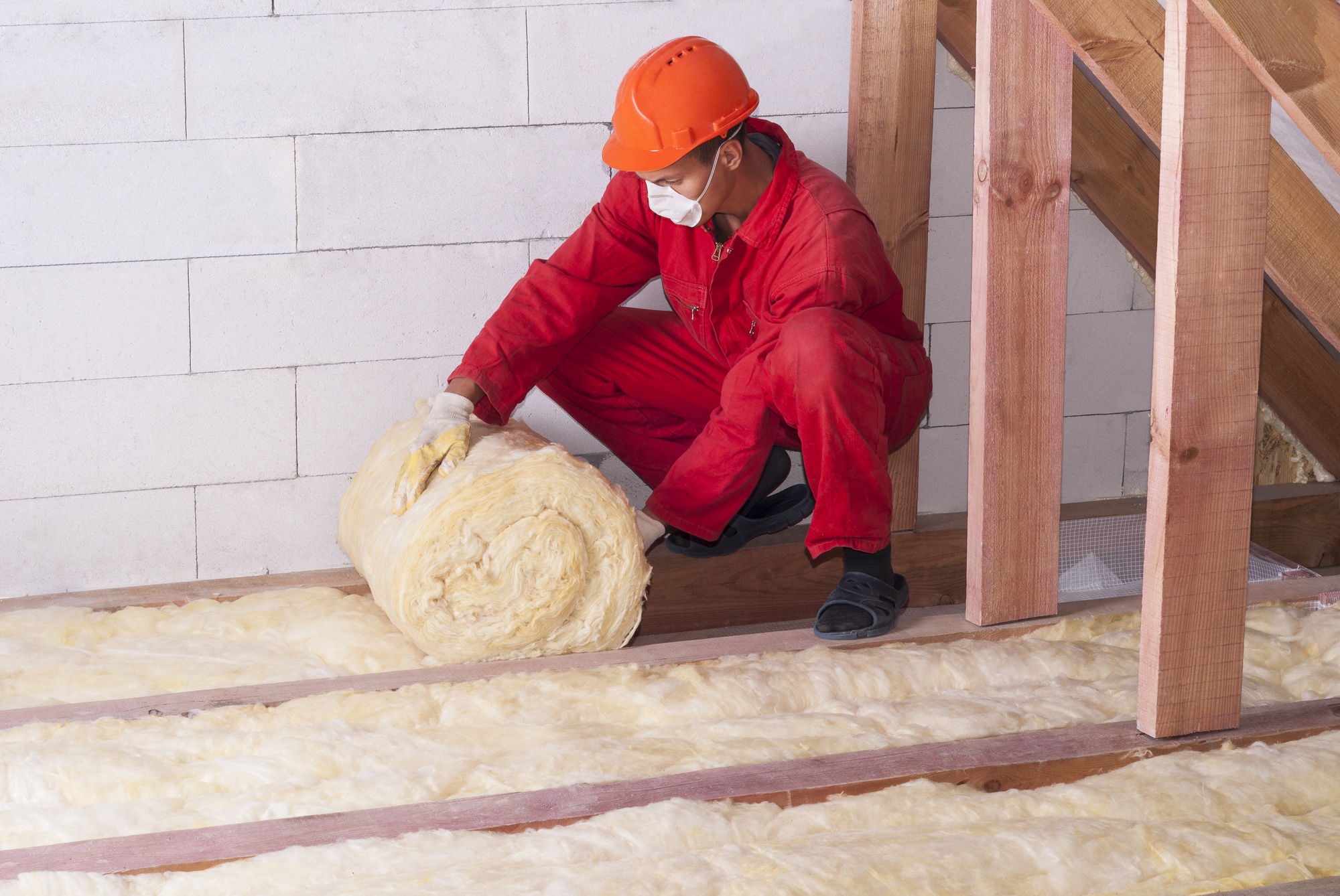

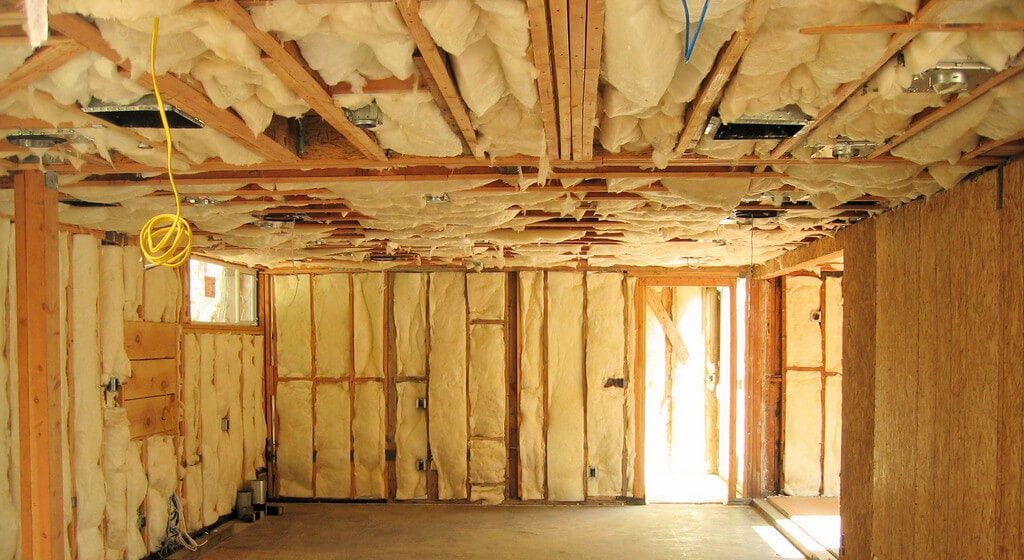




/GettyImages-958875078-f31a14206fdc4227bf48f6783f3f8d4d.jpg)







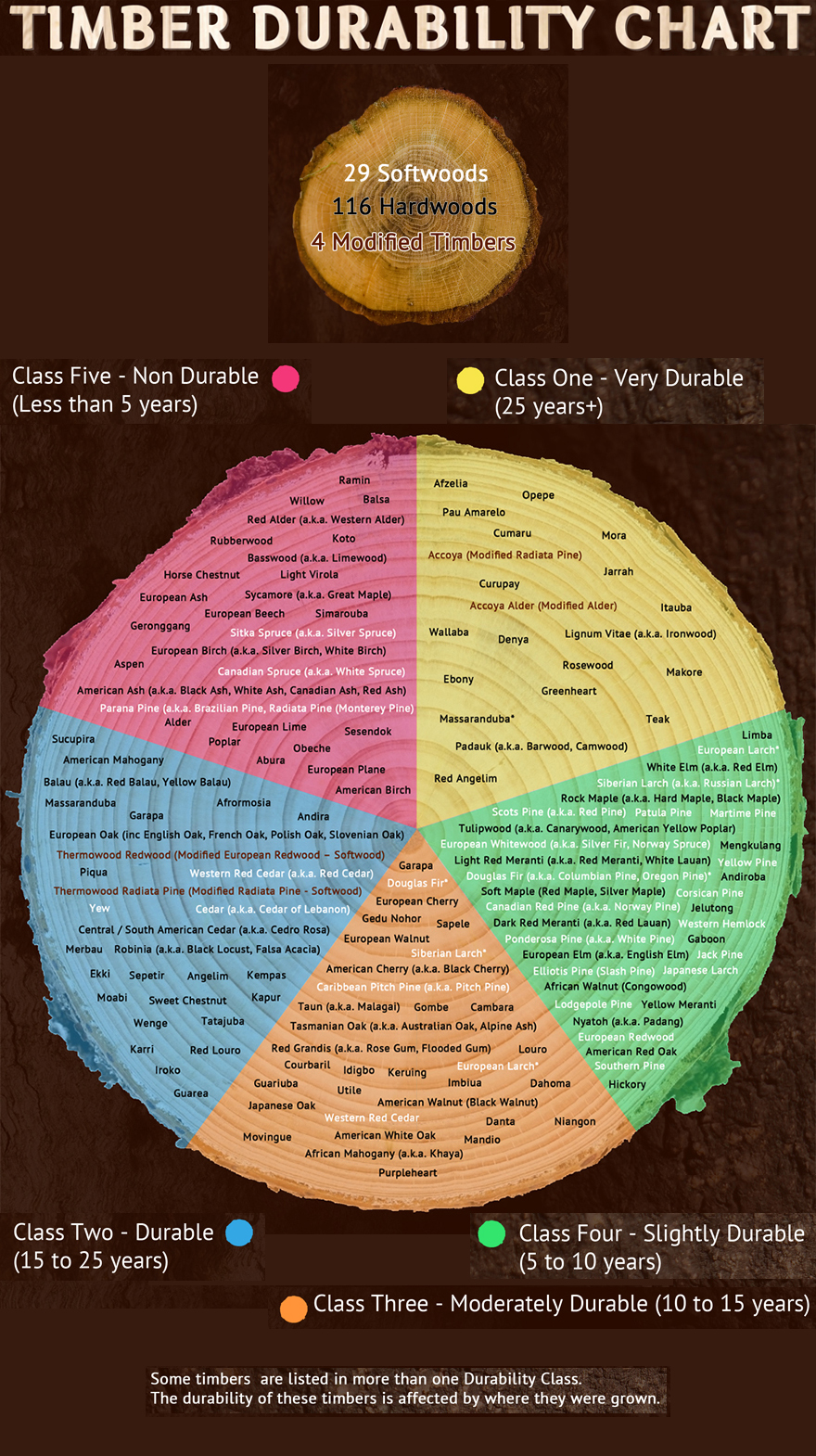


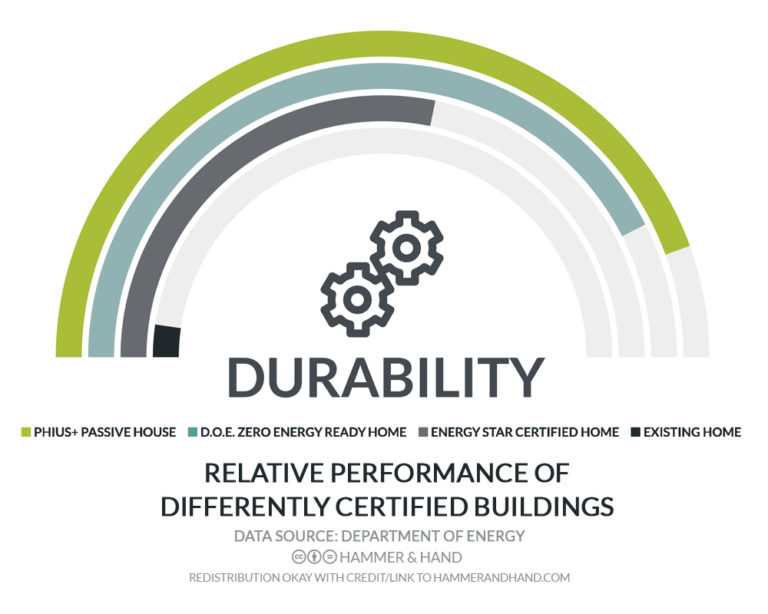




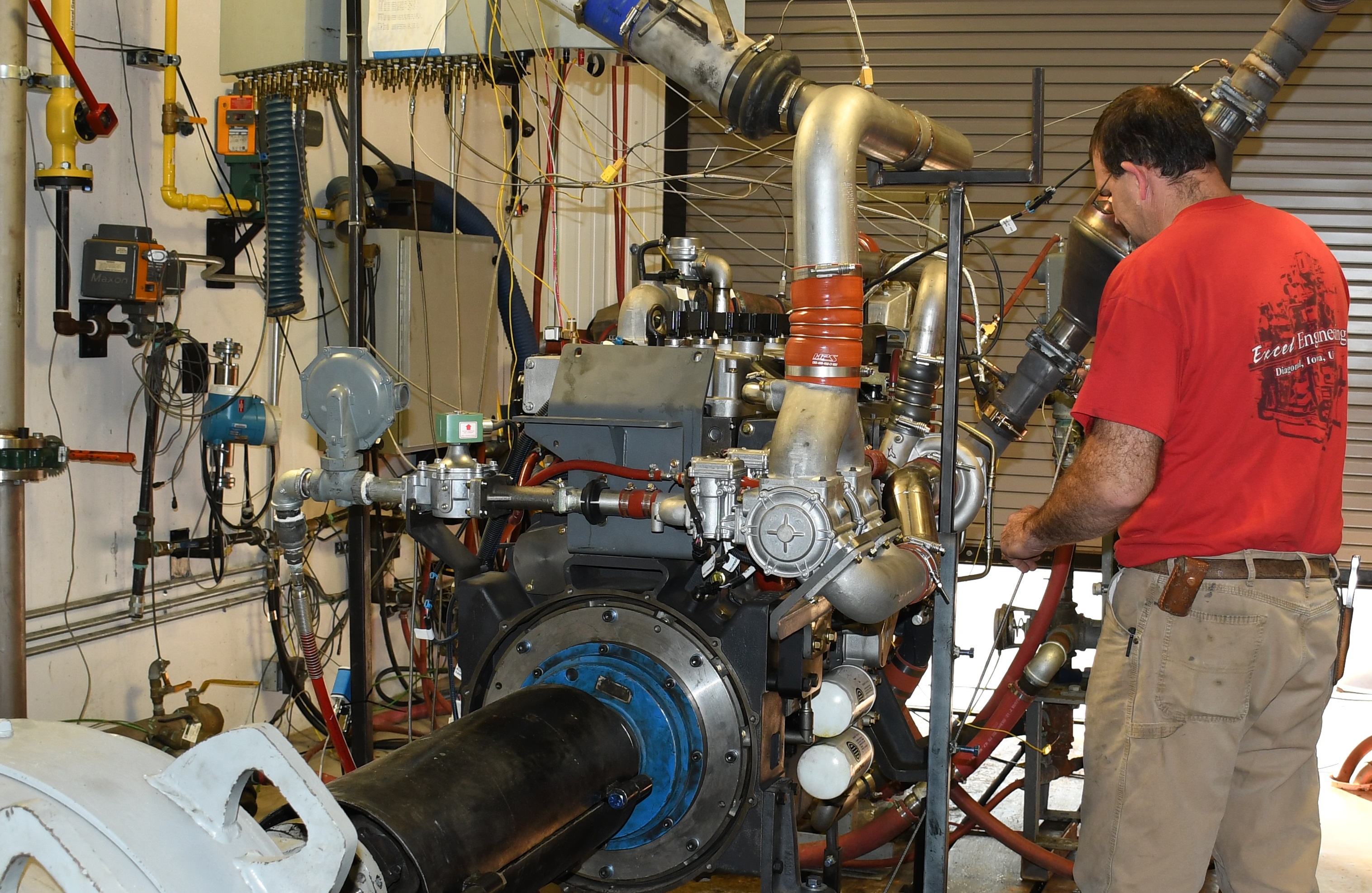
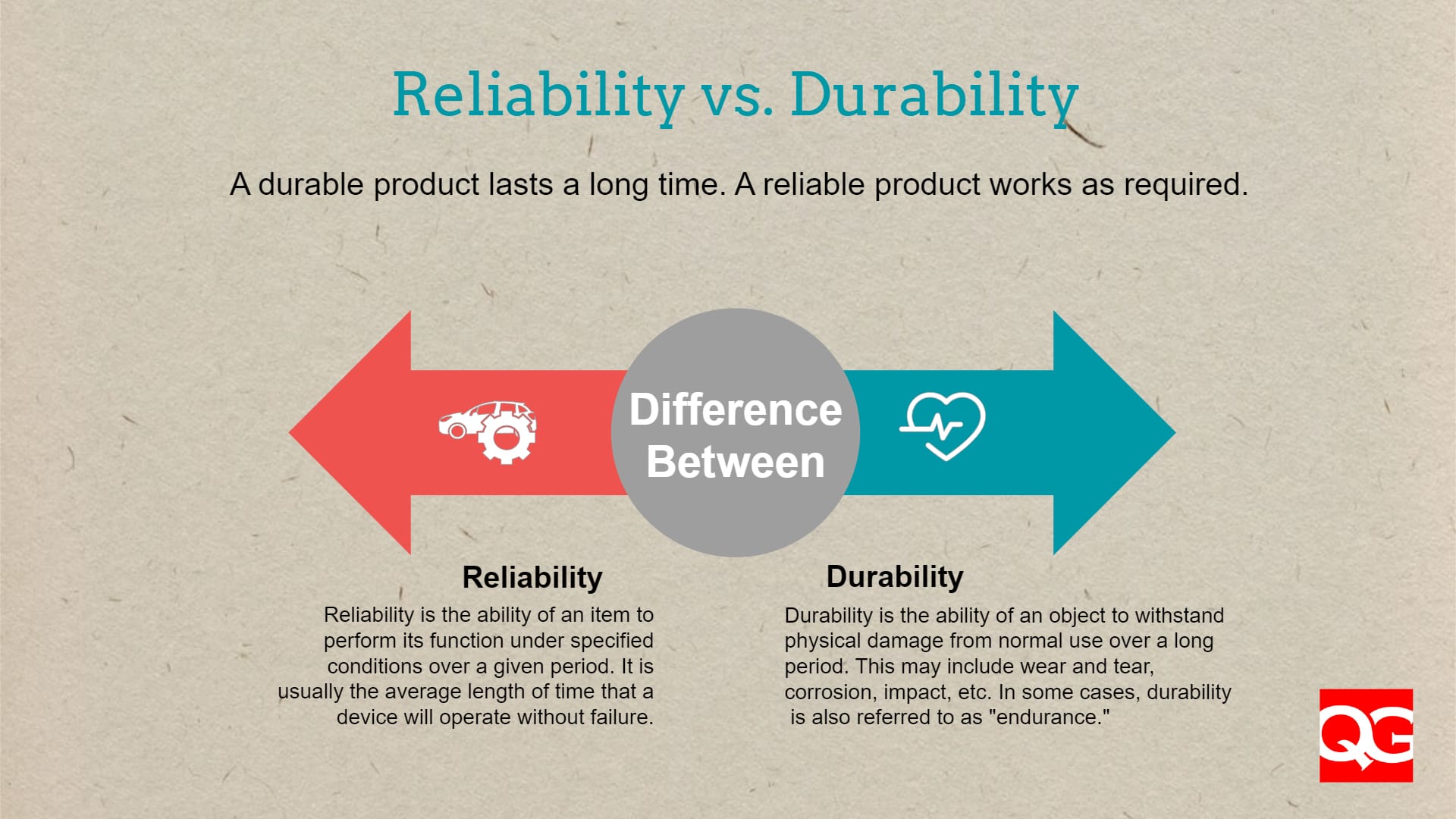












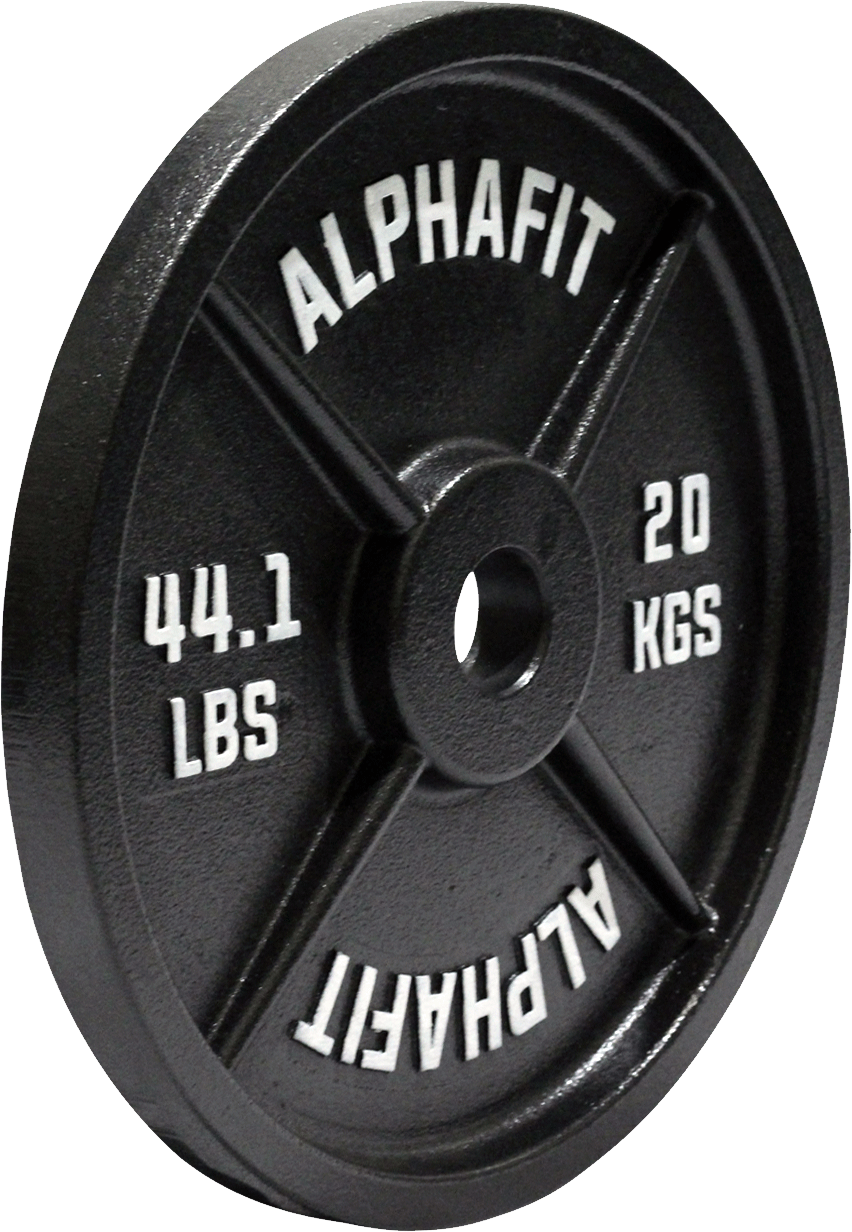
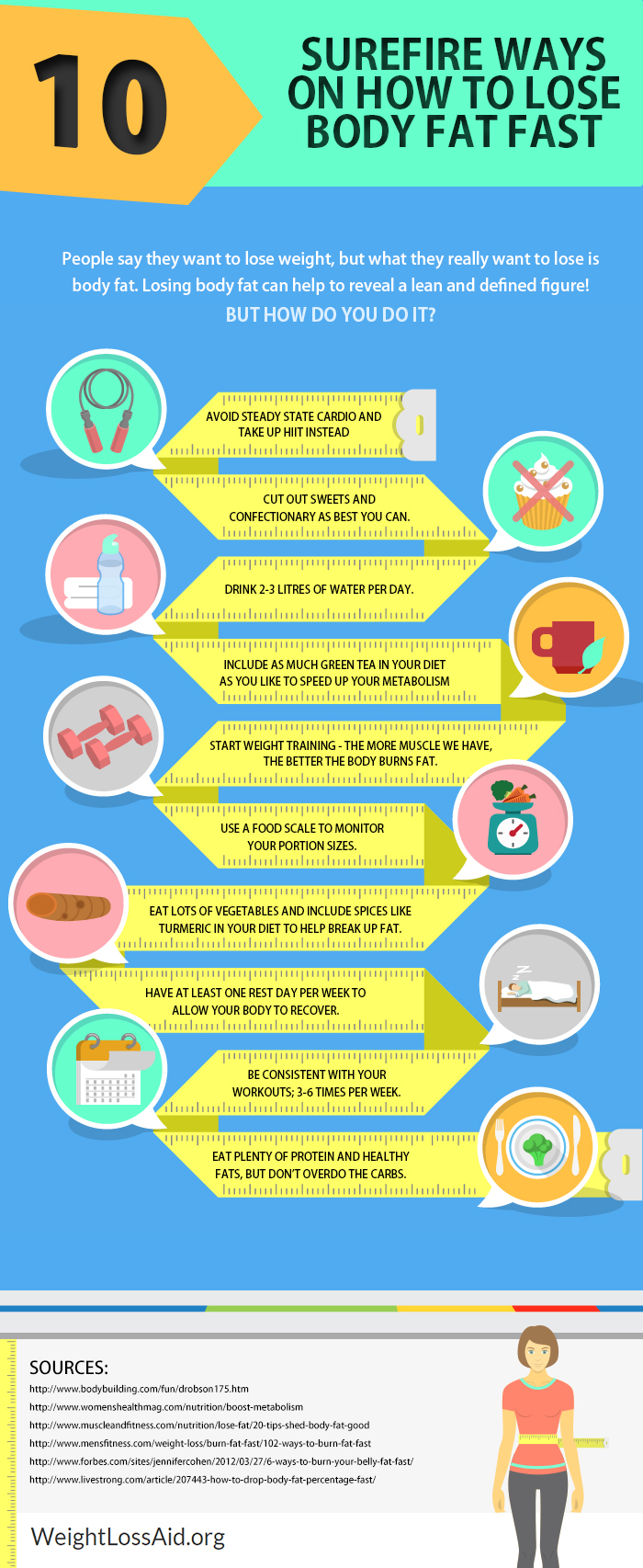
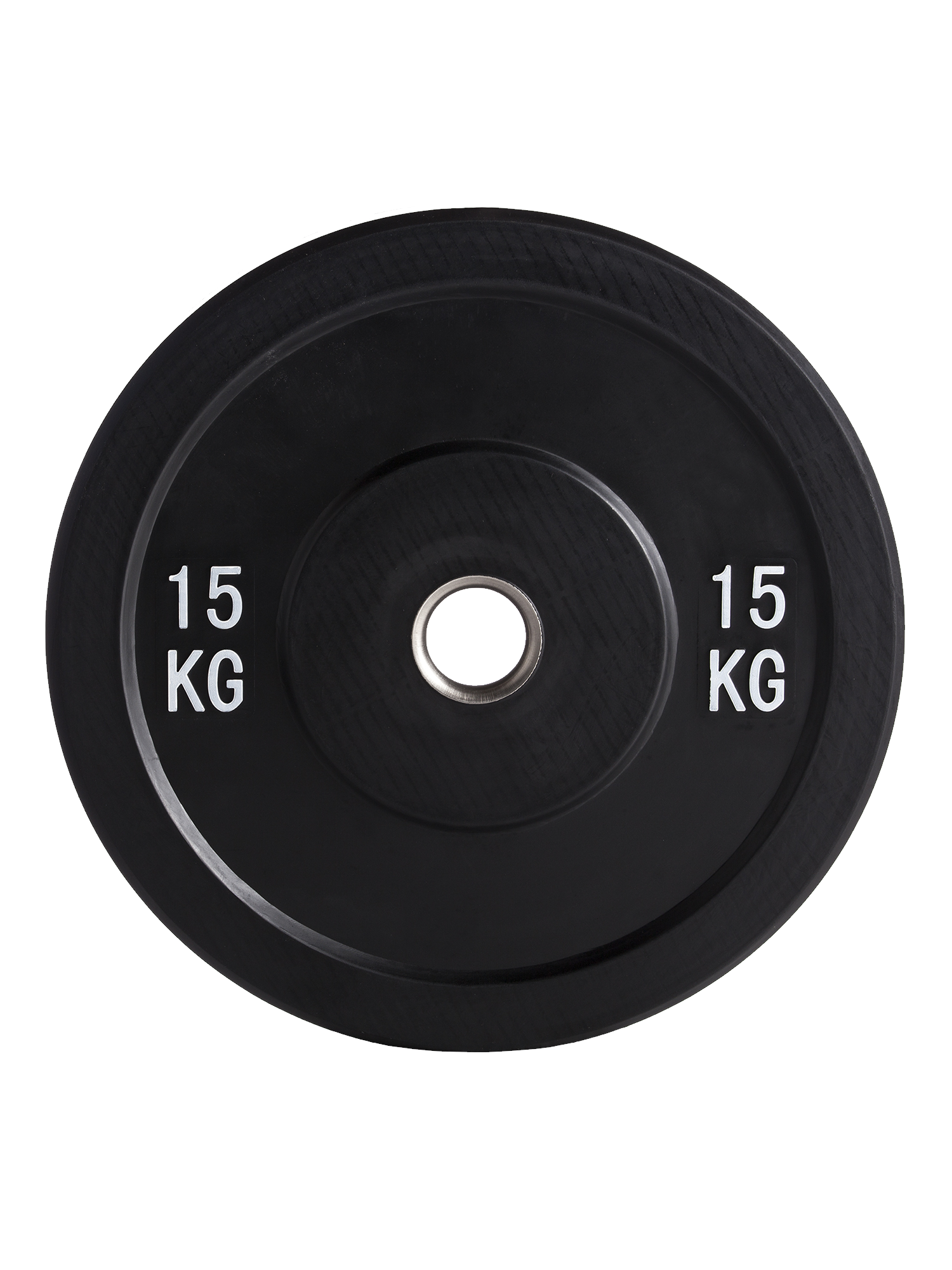
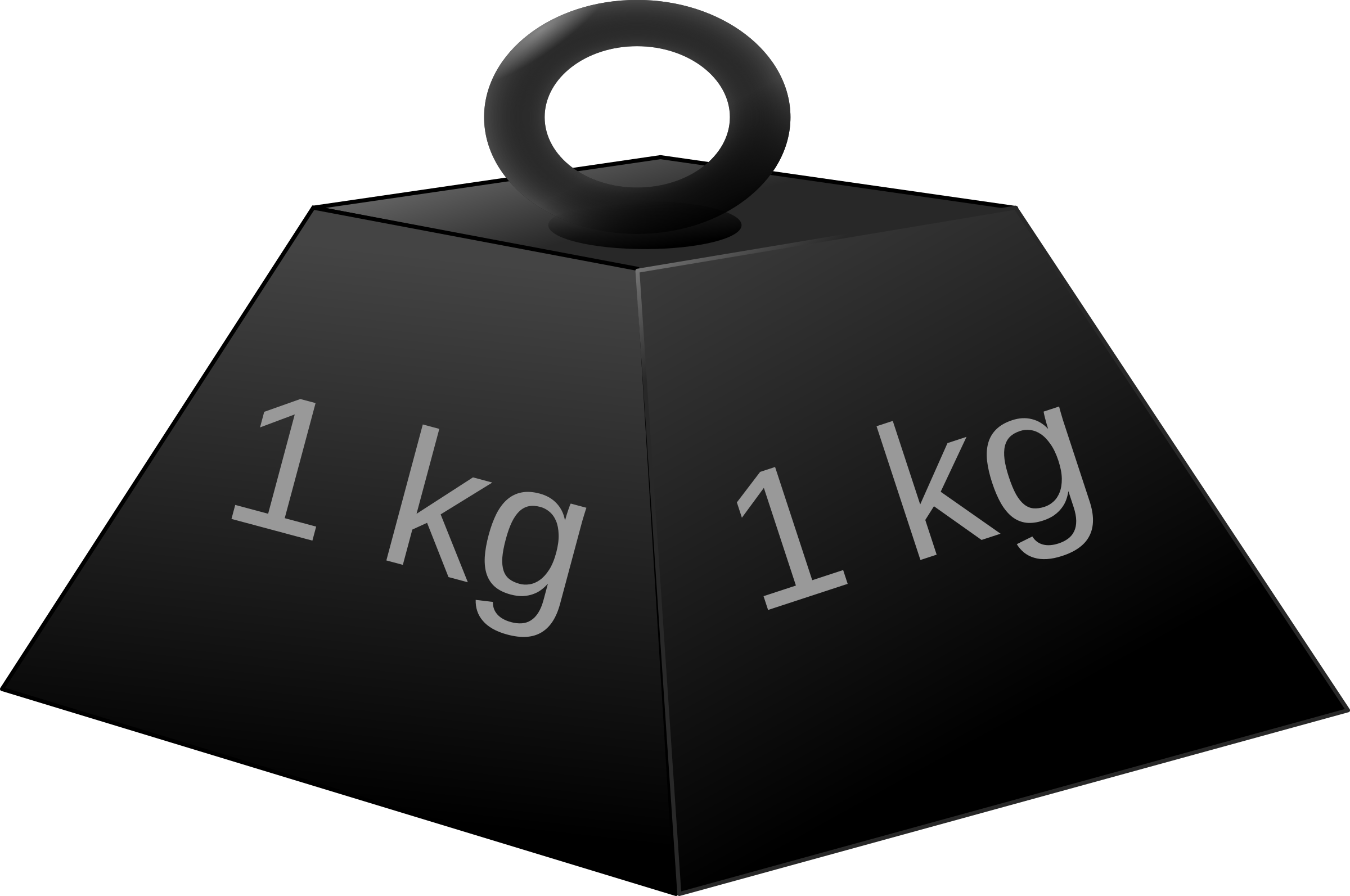







:max_bytes(150000):strip_icc()/Anim_WeightLoss-5a6269fb5b6e240037536546.gif)





:max_bytes(150000):strip_icc()/inflation_color2-216537dd3aeb4365b991b67790765e4f.png)



